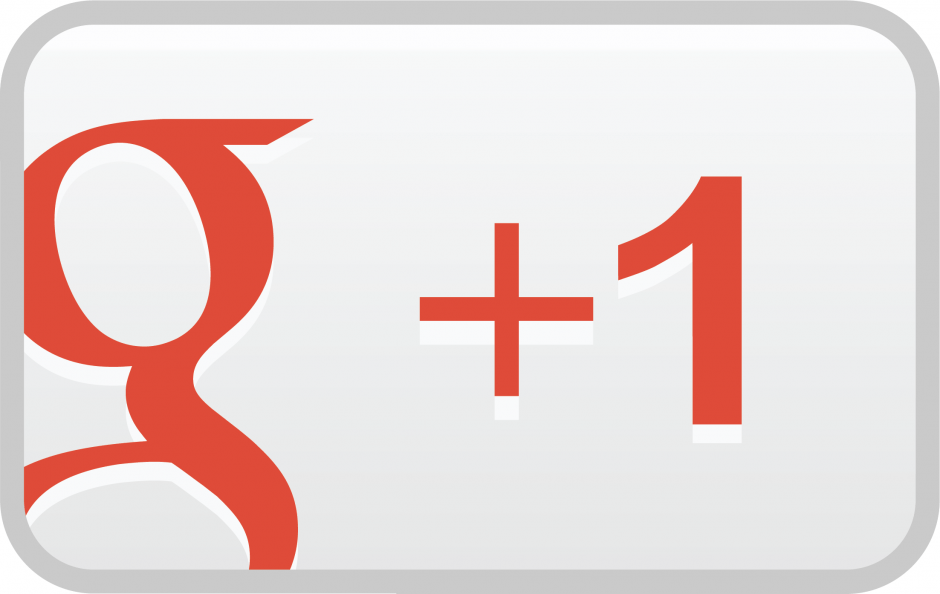
Matt Cutts, Google’s head of search spam, refuted the latest Moz study that claimed to show a correlation between Google +1’s and high search engine rankings. According to Cutts, correlation does not equal causation.
Cutts responded on a Hacker News thread by saying:
Just trying to decide the politest way to debunk the idea that more Google +1s lead to higher Google web rankings. Let’s start with correlation != causation.
Back in 2011 Matt Cutts debunked a similar study conducted by Moz that claimed to show a correlation between Facebook shares and high search engine rankings.
In this case, as it was in the case with the study on Facebook shares, Cutts says it all boils down to the quality of the content. Not the amount of +1’s or shares a piece of content has.
Cutts says high quality content naturally generates a lot of likes, shares, and +1’s, but we shouldn’t take that as an indication of having the ability to influence rankings.
Cutts concluded by saying:
If you make compelling content, people will link to it, like it, share it on Facebook, +1 it, etc. But that doesn’t mean that Google is using those signals in our ranking. Rather than chasing +1s of content, your time is much better spent making great content.
However, there are some valuable findings from the Moz study that still hold true. Google Plus does pass PageRank and allow anchor text, two things we know for sure are factors in Google’s algorithm.
Knowing this you can surmise that getting an article shared by a well known authority on Google Plus is like getting a high quality backlink.
The goal with Google Plus shouldn’t be to generate as many +1’s as you can, but to use it to build authority and connect with influencers.
What do you think about all of this? Does this change how you feel about the effects social signals have on search engine rankings?




